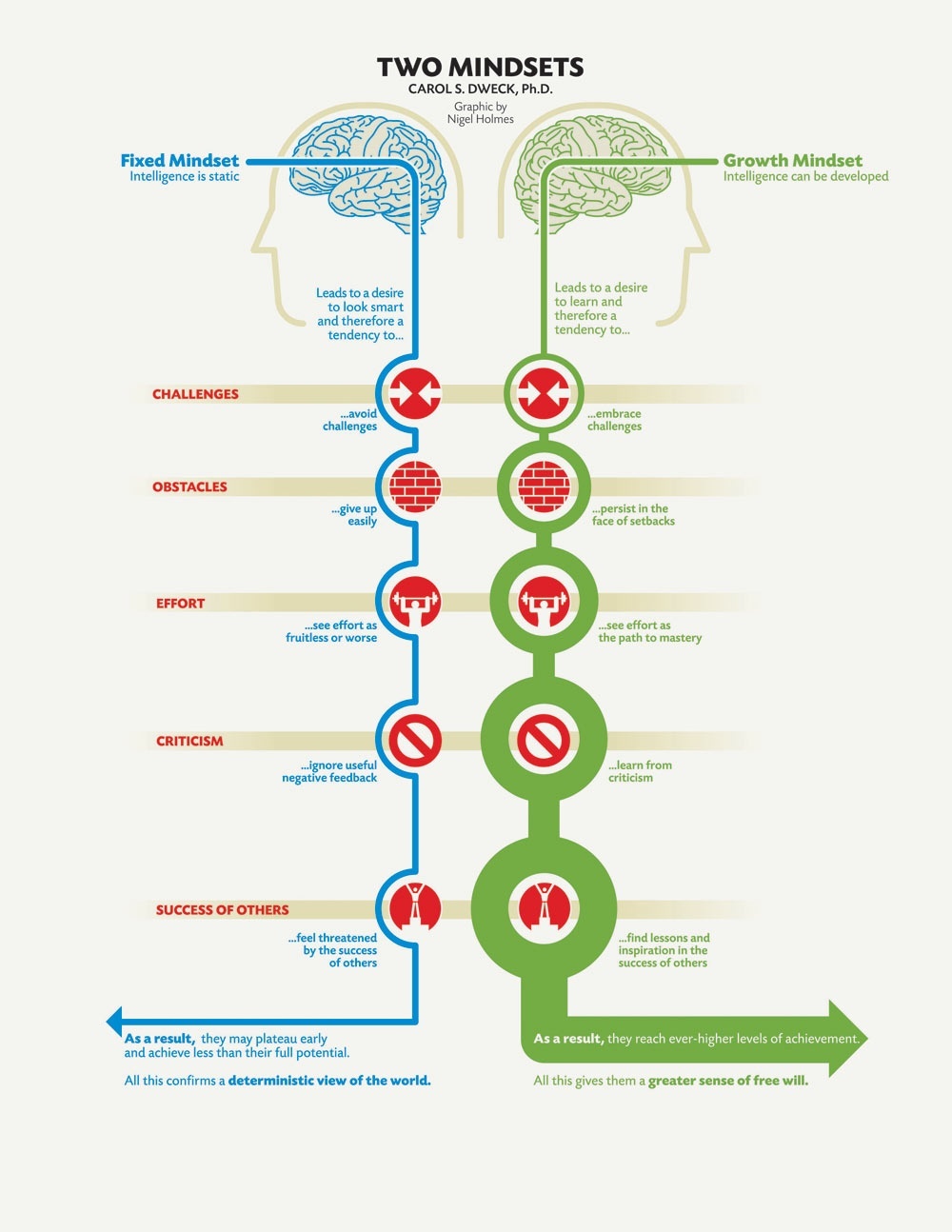It’s January 4th, time to execute on your new New Year’s Resolutions, but this time it’ll be different than last year, you’re going to finally lose weight and get that 6-pack that you had back in high school. You’re going to eat healthy and exercise more!
All well-intentioned, but unfortunately, the numbers are against you.
In 2007, Richard Wiseman from the University of Bristol did a study on 3000 participants and reported that 88% failed to achieve their new year’s resolutions despite that 52% were confident that they could do it[1].
The whole tradition of making New Year’s Resolutions stems back to the Babylonians where they made promises to their gods to return borrowed items and pay back debts[2].
But is this a tradition worth keeping given what we now know about human psychology?
I think not.
Why?
For starters, I don’t like how New Year’s Resolutions lull people to only commit themselves to self-development at the beginning of a calendar year that really is an arbitrary date for all intents and purposes. It gives people a reason to procrastinate – putting off the hard work to a later time. Working on improving yourself should happen anytime and all the time. It’s hard enough as it is, you don’t need another reason to help you procrastinate.
New Year’s Resolutions are usually way too open-ended and lack any focus or a plan of action. Popular goals like: “I want to lose weight”, or “I want to eat healthier in 2016”, are doomed for failure. What does losing weight entail? Are you losing weight indiscriminately, or just lose body fat. What if you lose body fat and gain muscle mass – then what? What does eat healthier mean? Do you even know what healthy eating is anymore in this age of trendy detox programs and get-fit-fast diets?
According to another study[3], 35% fail their New Year’s Resolutions goals due to unrealistic goals, another 33% because they didn’t track their progress, and another 23% forgot about them altogether!
Basically, New Year’s Resolutions are just self-improvement goals. And when you make a goal, they should be S.M.A.R.T. goals. According to Paul J. Meyer, S.M.A.R.T. goals are:
S – Specific
M – Measurable
A – Achievable
R – Relevant
T – Time-bound
By answering these points, you would have thought about your goal in much more detail and created steps to track progress, as well as milestones to help you on your path.
Other tips to help you on the path of self-development:
1) Don’t overwhelm yourself. Focus on one goal. When it comes to self-development, you are changing a part of who you are – that is extremely difficult to do! You are your habits. You are essentially changing your habits and the routines that make up who you are and that will not only take lots of time, but determination. So don’t overload yourself with too many big self-development goals because as the statistics show, you will probably fail at all of them because it’s just not realistic to tackle them all.
2) Share your goals with friends and family you trust. By telling people your goals, you will be more accountable to them because how embarrassing would it be to flop on them. This is social pressure and it can work in 2 ways. One, they can be very supportive and push you through the hard times, but they can also act as fuel for your pride. You can read more about the importance of having a social support network in my previous blog.
3) Cut it up into smaller goals. If your goal is to lose your belly, then it can be a daunting task that will take months if not years. That is a very discouraging thought to have and doesn’t incite action. You have to manage your expectations. The process of losing your belly fat is no different than losing any other fat tissue on the body. You just have to stick to the plan and eventually, your body will get around to the notorious belly fat. So set your smaller goal on losing 1% of body fat per month, and when you accomplish that goal, you will gain traction and feel even more motivated. By the time the next NYE rolls around, you would’ve lost 12% body fat – and you may very well be able to see your 6-pack then!
In the end, forget about making New Year’s Resolutions, and just adopt a growth mindset if you really want to improve yourself.
And if you are still keen on improving your fitness and health goals but you feel stuck or need some help, feel free to contact me – that’s what I’m here for.
—
1. Blame It on the Brain: The latest neuroscience research suggests spreading resolutions out over time is the best approach, Wall Street Journal, December 26, 2009.
2. Lennox, Doug (2007). Now You Know Big Book of Answers one of the amazing thing. Toronto: Dundurn. p. 250. ISBN 1-55002-741-7.
3. finder.com.au New Years Resolution Study

